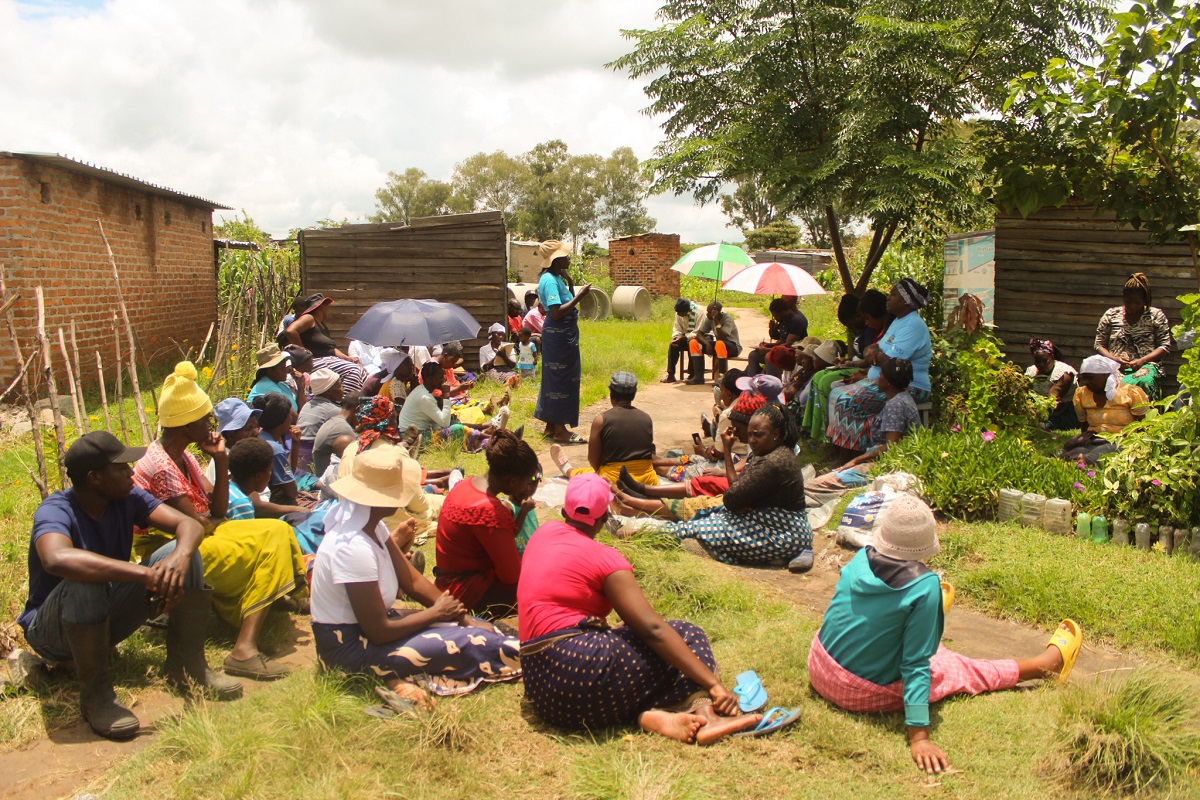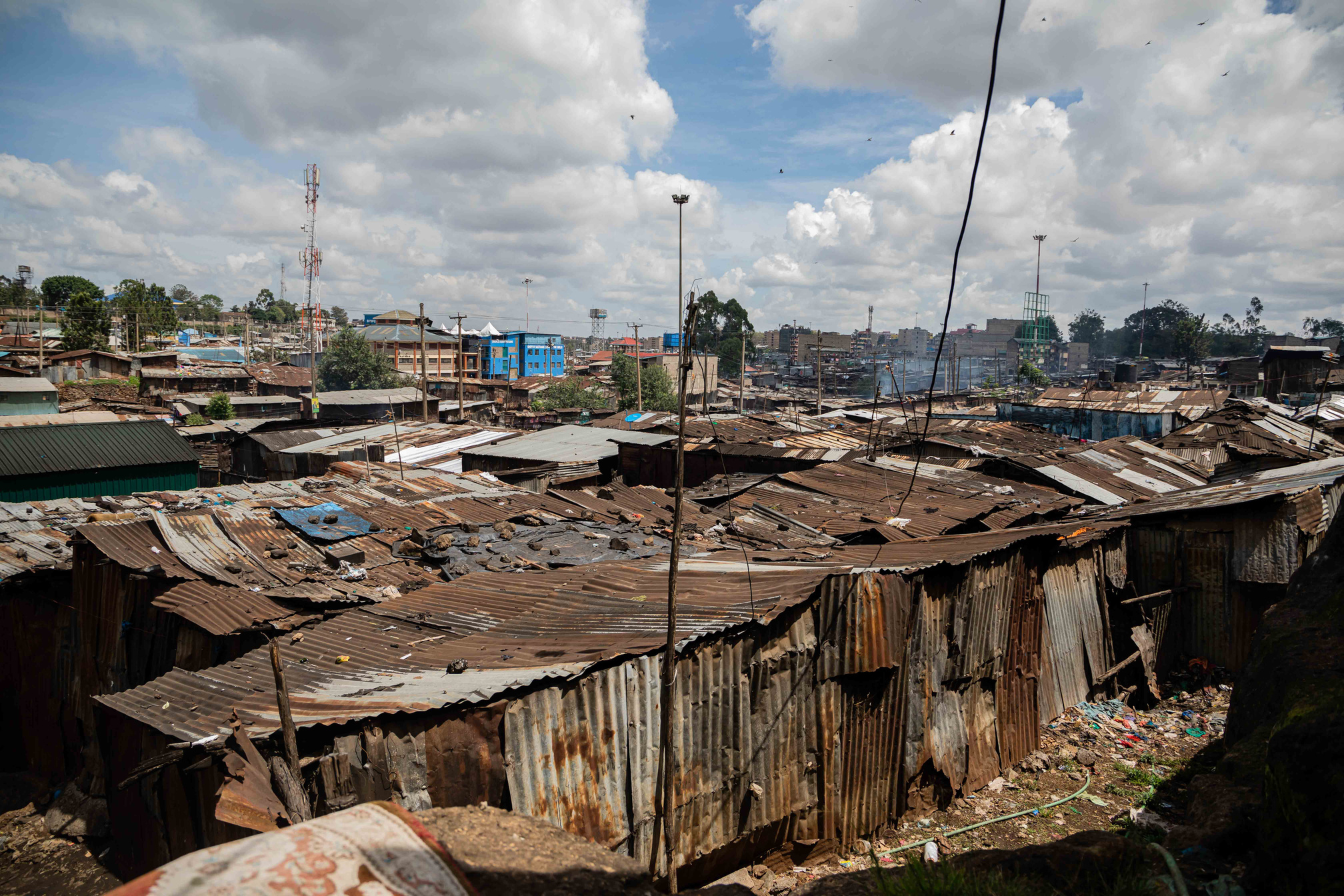In the context of knowledge for development, what does it require to deconstruct the dominant narratives and personal privileges embodied in our race, class, gender, etc.? And, in a knowledge landscape littered with potential minefields, how do we go about shifting the mindsets that shape the ways in which ‘we’ understand the world and our subsequent values, behaviours, and attitudes?
Drawing on our own experiences, and learning that has emerged through many valued interactions with others, we have identified four approaches which we believe may help to make a difference.
1. Identifying what, and whose, knowledge is valued, counted, and integrated into development processes
Researchers often fail to recognise or value the different knowledges needed to address some of the world’s greatest challenges, because of where knowledge resides and who has generated it. To decolonise knowledge, we need to recognise people as knowers of their experience and weave together knowledges from various sources, including from Indigenous and local knowledge systems. The most compelling narratives in an era of increasing uncertainty are shaped by multiple perspectives and different forms and expressions of knowledge, and by working in a spirit of inclusion and in participatory ways.
The perception often persists that ‘expert knowledge’ is of a higher order to a wide range of other knowledges simply because of the power structures and hierarchies that give it authority. Since power is such a critical element in the struggle for social justice, we have found the concept of ‘cognitive justice’ – or whose knowledge counts – helpful in understanding how and in which ways attention is paid to epistemologies.
Knowledge systems are diverse, multi-faceted and bring locally contextualized ways of thinking and being in the world.
2. Decolonising knowledge asymmetries – learning through research, and as researchers
Doing research provides researchers with a wealth of opportunity to learn about, and address, decolonisation of knowledge. ‘Inclusive’ research methods may not provide an opportunity to decolonise knowledge, however, because this may not be part of the intent, and is often avoided because it is uncomfortable or difficult. The work requires recognizing and challenging the historical and ongoing impacts of colonization and the ways in which colonial structures have prioritized certain knowledges and marginalized others.
The Covid-19 pandemic has revealed multiple benefits of local participation, including contributing to more effective information sharing, mobilising local life and livelihoods saving networks in the area, and promoting community empowerment, resilience, and trust. Yet, agencies supporting communities still often struggle to integrate participation in their operations, and many are now asking whether inadequacies in international cooperation may open the space for a reimagination of agency and power in the conceptualisation and realisation of development and research.
3. Investing resources to transform existing colonialities
To learn and change, it is necessary to invest. Multiple, diverse knowledge systems need a strong financial and economic base which allows them to grow. Researchers will need to unpack what they have learned about who they are, the powers and privileges they hold, and their ideas and practices of ‘leadership’. They will need to recognise and break down barriers and walls between them and a wide array of other societal members if they are serious about change. They will need to invoke and experience connection and belonging on this shared journey. This takes time and requires thoughtfulness, although this is not to suggest a disregard for the urgent need for transformation of knowledge systems.
The processes required to achieve this kind of change take several resources:
- Patience, humility, time – to allow for the discomfort of “unlearning” and the wonders of continually “relearning” with others;
- Transparency about how researchers live and model diversity and inclusion in their activities, organisations and communities;
- Courage to interrogate history and privilege and to work toward change;
- Power sharing – recognize inherent power imbalances and make bold moves to cultivate shared decision making in all aspects of collaboration – the outcomes will ultimately be positive for all;
- Recognition of people as knowers of their own experience; and
- Financial resources, since decolonising knowledge also requires decolonising wealth.
4. Identifying ‘our’ role as individuals, as organisations, as institutions
What do ‘we’ need to do if we are serious about taking on the challenge of decolonising knowledge for development? We recognise that as researchers, given our identity, positionality and privilege, we need to work on ourselves, which can be very uncomfortable.
We suggest several actions which have implications for our roles as researchers wherever we may be located, and for the research in which we engage with others in knowledge co-construction processes:
- Ensure solutions are shaped/created by those who experience the challenges being addressed if they are to succeed and be sustained.
- Establish reflective spaces for inclusive processes, in which participants are aware of and interrogate their privilege and how they can use it to make change that disrupts inequalities.
- Check and challenge policies and practices that discriminate and continue to uphold oppressive systems.
- Find connections and ways in which we belong with each other, as communities, on a shared journey.
- Appreciate that the benefits of decolonising knowledge are not obvious to everyone, nor are they desired by those who believe they may ‘lose’ status or privilege.
- Ground our efforts in trust, and consciousness of who is setting and controlling the research agenda, and what kinds of power dynamics are at play.
- Ensure that the expectations of participants, and the gifts they make of time, energy, belief, and sometimes personal risk, are not taken lightly or squandered needlessly.
We would be happy to hear what others feel about these ideas and potential actions we could take as researchers. What suggestions would others like to bring to this conversation?
This article is from Integration and Implementation Insights (i2insights), a community blog and repository of resources for improving research impact on complex real-world problems.

